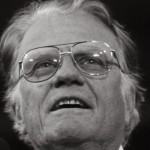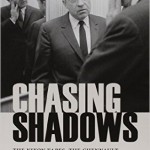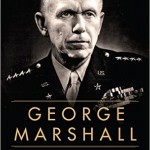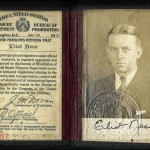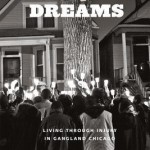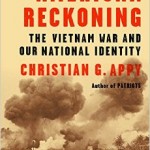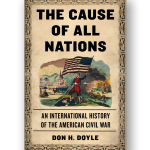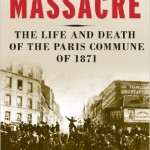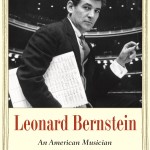
Last American Maestro
The facts of Bernstein’s story—the scope of his talents, the velocity of his ascent—still amaze. His natural gifts were embarrassingly rich: ferociously intelligent, musical, and social in equal measures. But Bernstein was also lucky—in the right place at the right time again and again and again.
